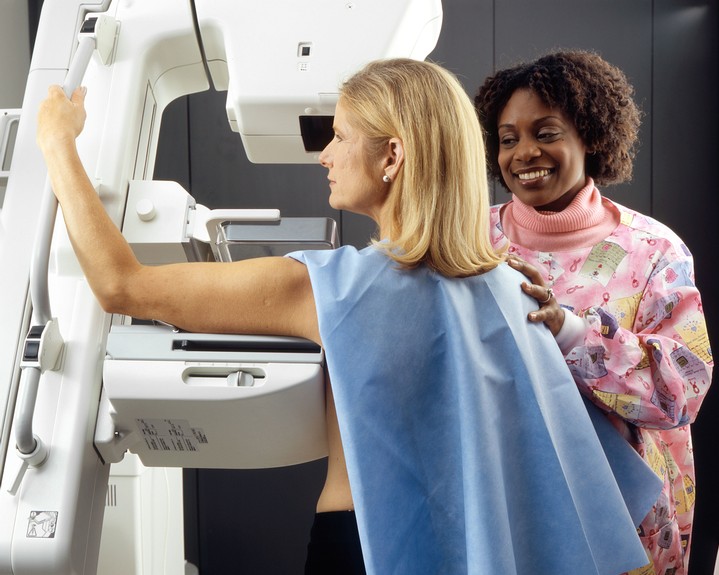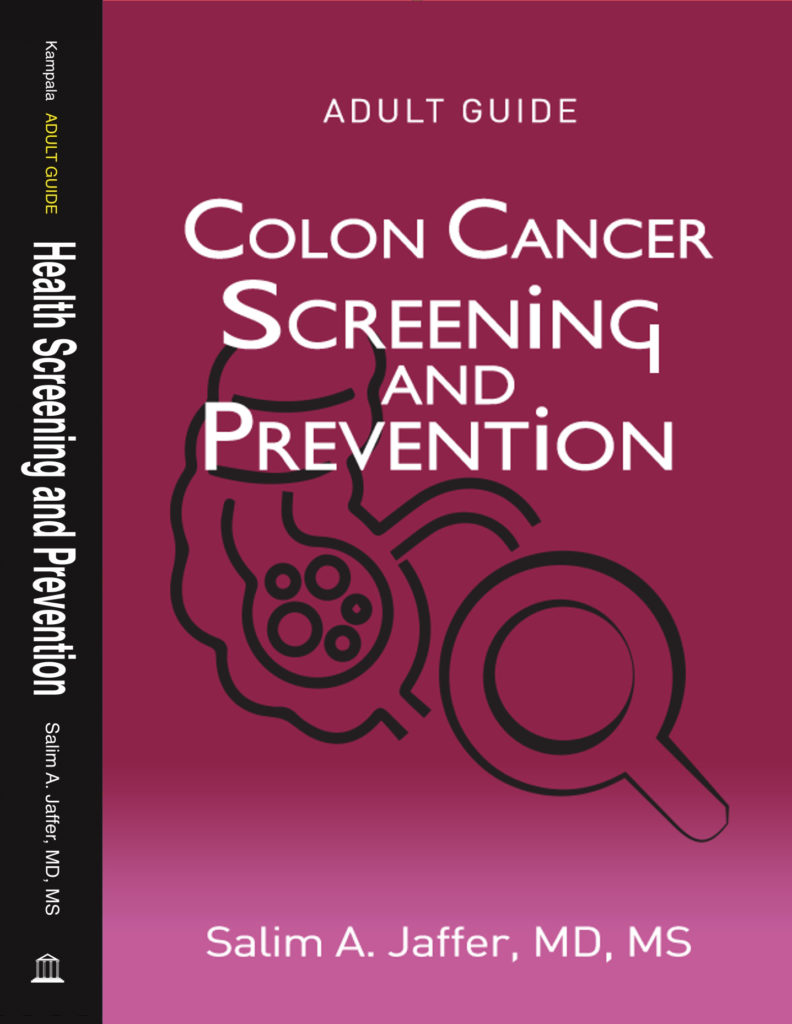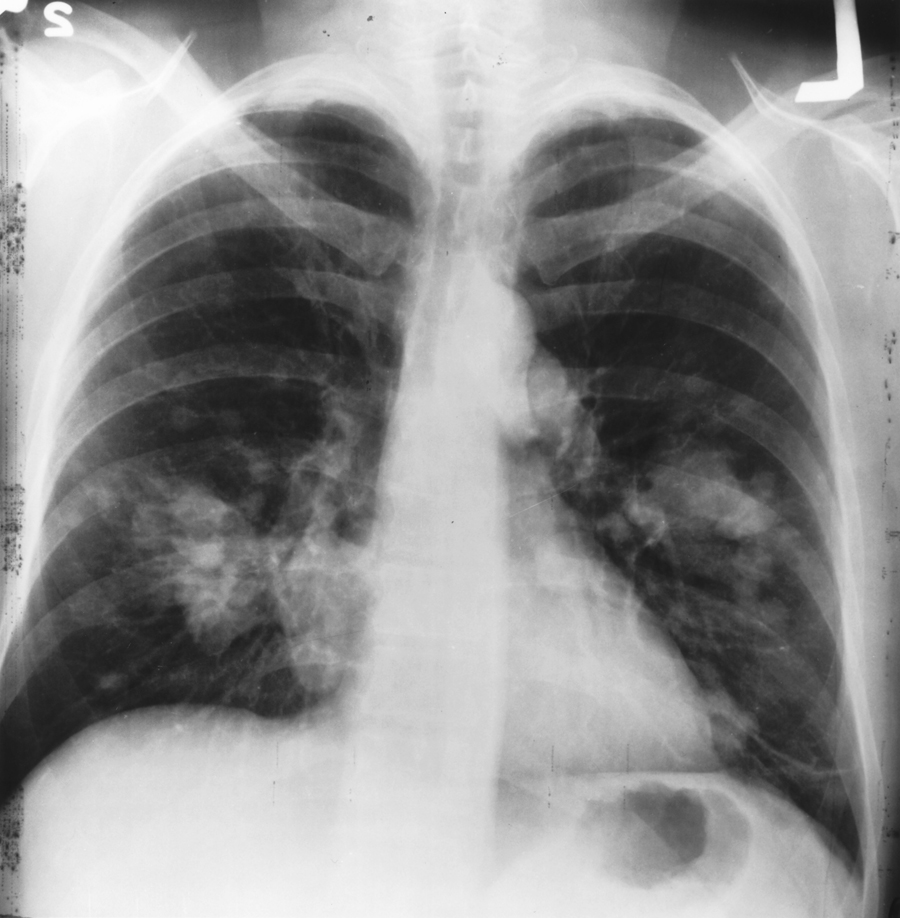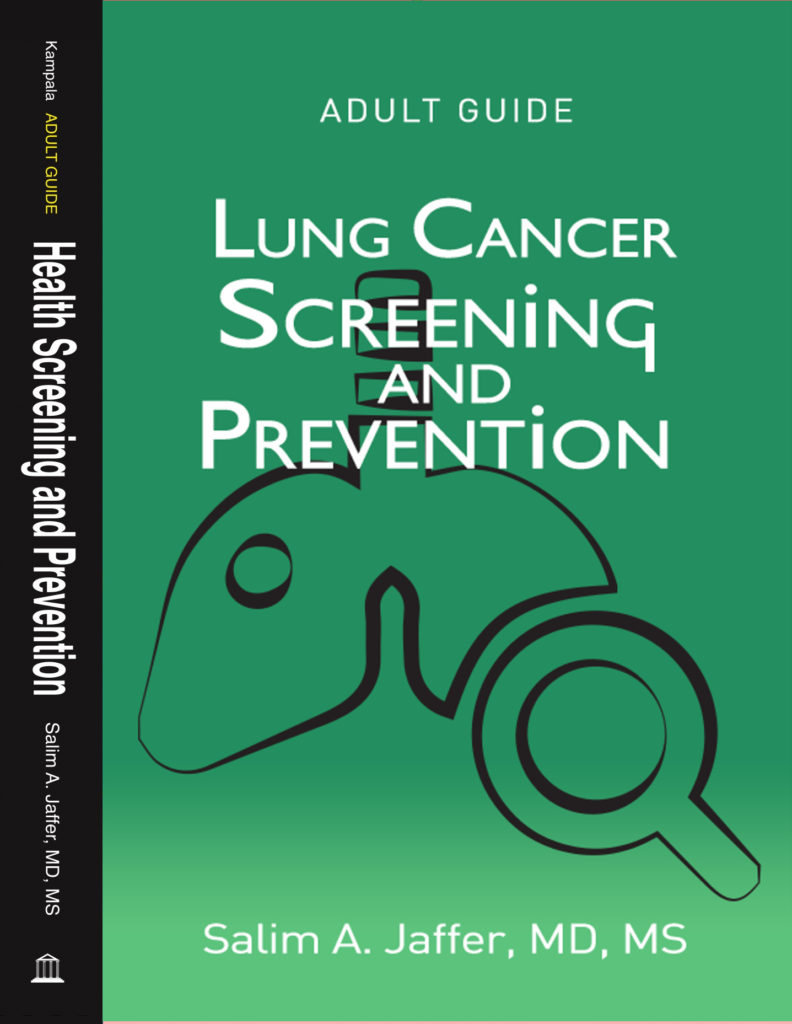
In the past several years, many experts have come out against mammogram screening. The argument, which might seem counter-intuitive at first, is that women may be harmed more on average by a mammogram than they are helped. In fact, at least one expert even suggests that more women may die as a result of mammograms than are saved!
How might this be the case?
As I discussed in a previous article, false positives and false negatives are relatively common in mammography – up to 90% of “positive” tests for cancer (positive means that something, such as cancer, was detected) are actually false positives – the patient doesn’t have cancer after all, even though the mammogram seemed to show they did. And false negatives can happen about 20% of the time when someone actually has cancer, but the mammogram doesn’t detect it.
While these numbers aren’t perfect, many women would willingly take the trade-off between the stress of a misleading test over the possibility of life-saving early detection of real cancer.
But it’s not always that simple, either.
Many times it is unclear whether specific cases of breast cancer will ever develop into a life-threatening illness. Ductal carcinoma in situ, in particular, is when cancerous cells are found solely within the milk ducts, is frequently found during mammograms, and presents many problems with regards to treatment, as it can be extremely difficult to tell if a specific case will eventually become something life-threatening. In any case, women found with these cells are often treated aggressively – which carries a number of significant risks.
Radiation, biopsies, chemotherapy, and even car transit to and from hospitals and clinics can add up to provide very real risks over time – not to mention the stress and uncertainty with living with a cancer diagnosis, even one that might prove to be false upon further testing.
What to do?
This is still a very controversial topic, and we would need to see a lot more data before doctors change their minds about the importance of mammography screenings for women. Health organizations such as the CDC and the United States Preventive Services Task Force (USPSTF) still recommend breast cancer screening for women, though the age to begin screening has been creeping upward, and breast examinations are no longer universally recommended due to poor accuracy.
But it’s important to keep an eye on these types of studies, as the guidelines for screening for any disease are constantly changing and being re-evaluated.
Most importantly, controversies like this remind us that we need to keep pushing the boundaries of medical knowledge. We have to constantly work to improve the accuracy of our tests and the decisions we make for treatment based on our results. One day we will have even more accurate tools for detecting breast cancer; we can always do better.


